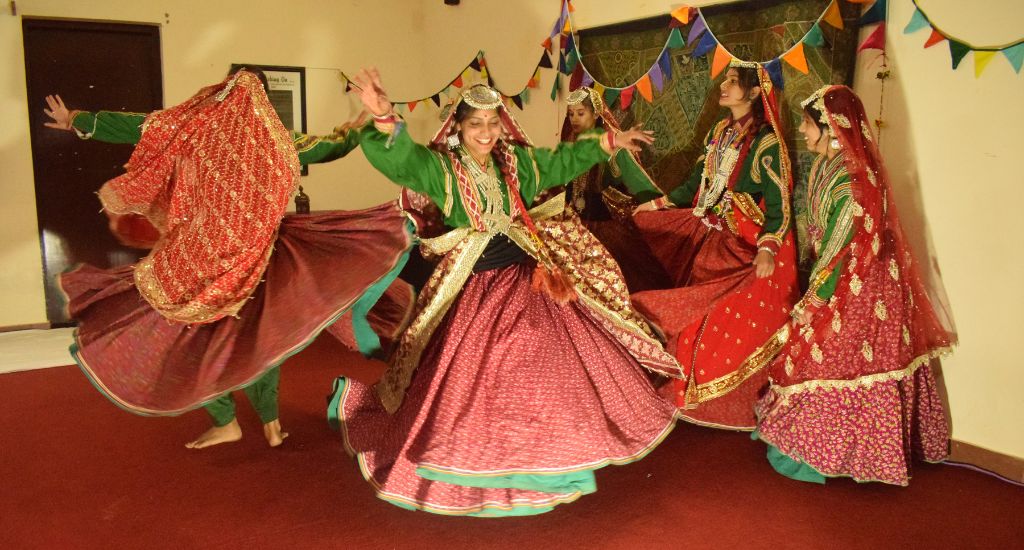A group of people, including myself, who have had exposure and experience of working with rural people, ideated to generate a wish list of what the new government at the center could do to bring about positive changes in the lives of rural people. We share this list, and hopefully, through the noise of the euphoria and possible layers of a complacent omniscience, these would reach those who think and form policies. We are writing the wish list in two parts —one related to farm-related matters and the other to the quality of life. We begin with the latter.
We strongly recommend that the government allocates much higher sums for internal security and encourages the states into hiring large number of police personnel from among women and among Dalits and rural Muslims. We believe that rural India is grossly under-policed. While traditional governance mechanisms helped keep the rural area reasonably peaceful, the situation is changed and policing has become important.
We strongly recommend that there is an urgent need of modernizing and arming the police so that their deterrence value increases. A lathi-wielding, meek weakling has become more an object of pity than fear.
We also recommend that Gram Panchayats be encouraged to start martial arts training for young girls and young women so as to enable them to resist assault attempts.
Bathing spaces for women
We believe that the government needs to encourage Gram Panchayats, particularly in multi-caste villages, to construct bathing rooms for women, equipped with water supply, and hand them over to women’s self-help groups (SHGs) in the village. Absence of bathing spaces takes a huge toll on health and well-being of women.
We believe that Jan Dhan scheme has been a boon and the government needs to build on it. The governments must mandate that all netbanking applications be available in vernacular languages in addition to English so that even a just-literate woman can use her account digitally.
Further, as an encouragement to use their accounts, the government should ask banks to give 0.5% extra interest on savings in Jan Dhan accounts, provided the number of transactions exceed a certain number per quarter. We also recommend large expansion of the banking correspondent model as well so that banking becomes a habit with people.
Cash back encouragement
We also suggest that as in case of petrol and diesel, payment by Rupay or other cards associated with Jan Dhan accounts for fertilizer, pesticides and all supplies through the public distribution system, all medicine sales through Jan Aushadhi shops and all payments to any government-run or supported facility should attract a 0.5% cash back to be credited in their account.
We strongly recommend introduction of a 5 kg cooking gas cylinder, which would be less bulky and unwieldy to carry, and would need less upfront cost, so that many more Ujjwala customers would ask and get refills.
We recommend that the government encourage village councils located away from towns and kasbas (markets) to buy small passenger vehicles to be run by a local youth, so that villagers have higher connectivity.
Rural governance
There is also need to significantly expand the Kisan Urja Suraksha evam Utthaan Mahabhiyan (KUSUM) program, which encourages farmers to harvest solar power, use it for irrigation and feed the surplus to the grid. The government may consider evolving schemes so that the local Gram Panchayat buys the surplus power for electrifying poor households and village streets.
Local women’s collectives must run all midday meal schemes in villages, except where cooked food suppliers like Akshay Patra come forward. In the event there are multiple SHGs in the village, these may be encouraged to share the work and income among themselves.
The government may collate data on the revenue fetched by states on duties on alcohol and devise a scheme of an incentive in terms of extra allocation to them if they introduce prohibition in all towns and kasbas below the district headquarter level. The idea is to discourage alcohol consumption by rural people who tend to have smaller incomes.
The government should pilot a scheme of centralized pesticide spraying entrepreneur in at least the major pesticide-consuming districts. The entrepreneur will be the only authorized purchaser of pesticides and will spray on farms of those who want it for a fee. This will discourage rampant and unsafe use of pesticides and a large number of suicide deaths.
Recognition
The government should announce an annual Adarsh Pradhan / Sarpanch Award (best village council chief) for each district. The Adarsh Pradhan will be chosen on parameters of village level development such as reduction in malnutrition, absence of child labor, zero crime against women and zero domestic violence, village being open defecation free, number of trees planted and surviving for six months, bathing rooms for women, high school attendance, minimum use and safe disposal of plastic and care of the elderly.
An annual award of Rs 25 lakh, including Rs 10 lakh as an individual award and Rs 15 lakh for the village development should be awarded and the Adarsh Pradhan should be recognized and celebrated. The total expected amount spent each year on this will be a mere Rs 200 crore across the nation, but can produce results that are huge as corresponding schemes of the government will see significant ground-level implementation.
Ramsunder Roy, Sriram Royam, Shilp Verma, Pranjal Saikia, Shivaji Chowdhury, Dhruv Mankad, Gopi Ghosh, Nilesh Sathe, Amar Navkar and Mrudu Pawan Hazarika contributed ideas for this article.
Sanjiv Phansalkar is associated closely with Transform Rural India Foundation. He was earlier a faculty member at the Institute of Rural Management Anand (IRMA). Phansalkar is a fellow of the Indian Institute of Management (IIM) Ahmedabad. Views are personal.


